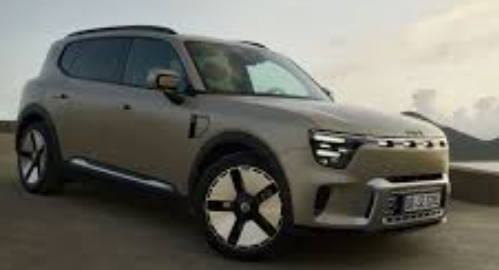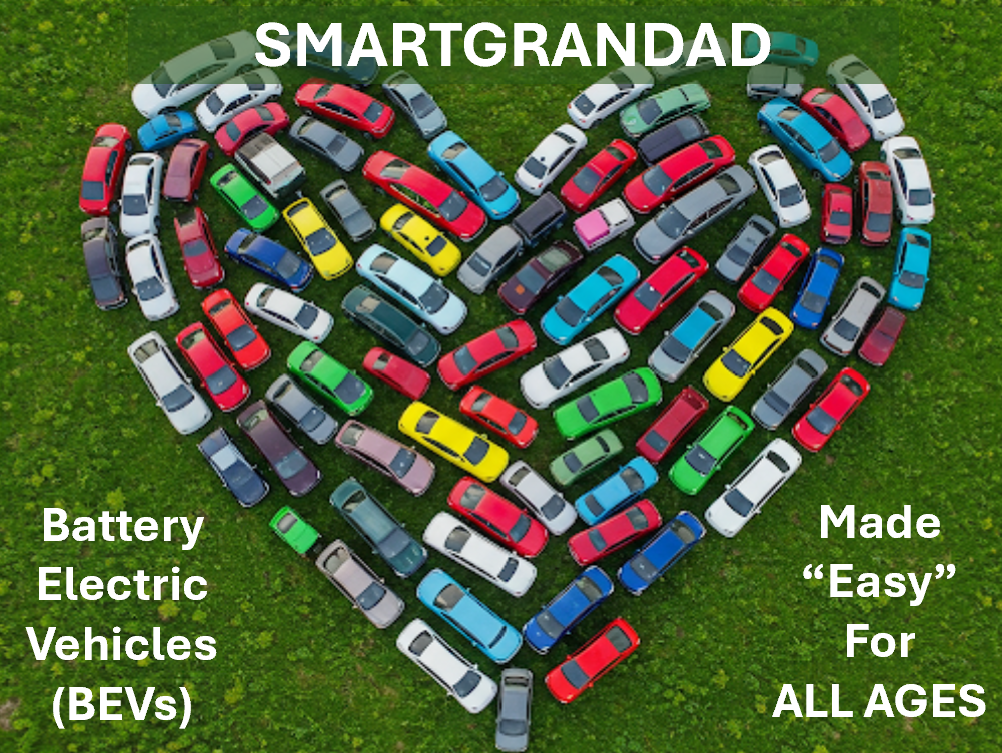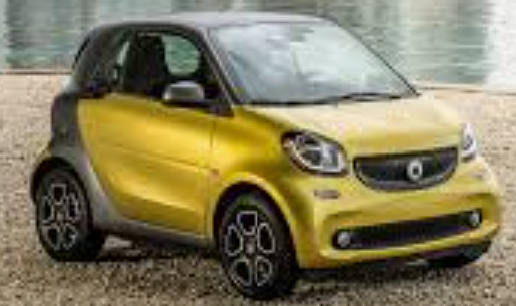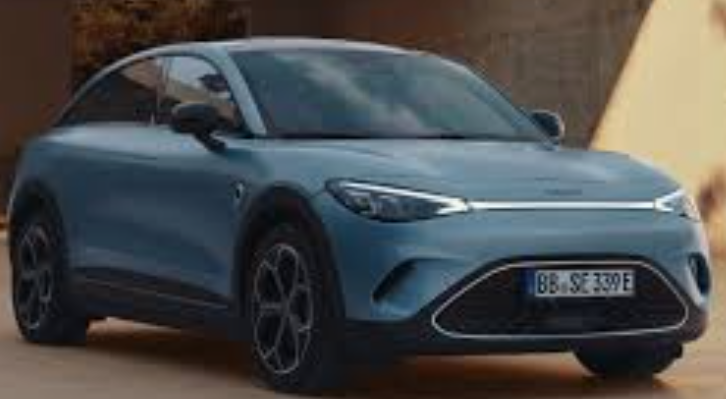Smart #5

Body Style and Size Segment: The Smart #5 is an SUV, measuring 4695mm in length, 1920mm in width (2169mm with mirrors), and 1705mm in height, with a 2900mm wheelbase. This positions it as a large SUV.
Platform Architecture, Range & Efficiency: Built on the Geely SEA2 800-volt platform, it offers up to 590 km (WLTP) range with a 100 kWh NCM battery. Entry-level models feature a 76 kWh LFP battery, achieving around 465 km (WLTP). Its 800V architecture enables ultra-fast DC charging up to 400 kW, allowing a 10-80% charge in just 18 minutes.
Technical Capabilities: The #5 boasts advanced driver assistance with Smart Pilot Assist 3.0, powered by dual Nvidia Drive OrinX chips, offering features like traffic jam assist, lane change assist, and parking assist. It also includes a 25.6-inch AR-HUD and various driving modes.
Interior Quality and Storage: The interior features high-quality materials, with a focus on comfort and technology, including “zero-gravity” seats and 256-color ambient lighting. Storage is generous, with a 72L front trunk (frunk) and a rear cargo volume of 630L, expandable to 1530L with seats folded.
App Functionality: The infotainment system, powered by an AMD V2000 chip, supports Apple CarPlay, Android Auto, and over-the-air updates. It features a voice assistant and an in-car app center with a Sennheiser Signature Sound System, including Dolby Atmos support.
3 Pros and 3 Cons:
- Pros: Spacious and high-quality interior, rapid charging capabilities, strong performance (especially Brabus).
- Cons: Inefficient powertrain compared to some rivals, Smart Assistant can be intrusive, small frunk on AWD models.
Overall Summary: The 2025 Smart #5 represents a bold move into a competitive segment. Its premium interior, cutting-edge 800V architecture, and advanced tech set it apart. While its efficiency may lag some competitors like the Skoda Enyaq or Hyundai Ioniq 5, its rapid charging and overall package make it a compelling option for those seeking a stylish, well-equipped electric SUV.
Real world range estimates
The table below shows some estimated real-world examples in perfect condition and in conditions needing A/C to heat or cool vehicles. See our range guide to see how the range is affected in real world. )
| Range | Consumption | |
|---|---|---|
| 90kmh/56mph perfect condition | 495 km / 308 mi | 19 kWh/100km / 3.3 mi/kWh |
| 90kmh/56mph with 2KW heating | 455 km / 275 mi | 21.2 kWh/100km / 2.9 mi/kWh |
| 70mph/112kmh perfect condition | 409 km / 254 mi | 23 kWh/100km / 2.7 mi/kWh |
| 70mph/112kmh with 2KW heating | 380 km / 236mi | 24.8 kWh/100km / 2.5 mi/kWh |
| 120kmh/75mph perfect condition | 376 km / 234 mi | 25 kWh/100km / 2.5 mi/kWh |
| 120kmh/75mph with 2KW heating | 352 km / 219 mi | 26.7 kWh/100km / 2.3 mi/kWh |



